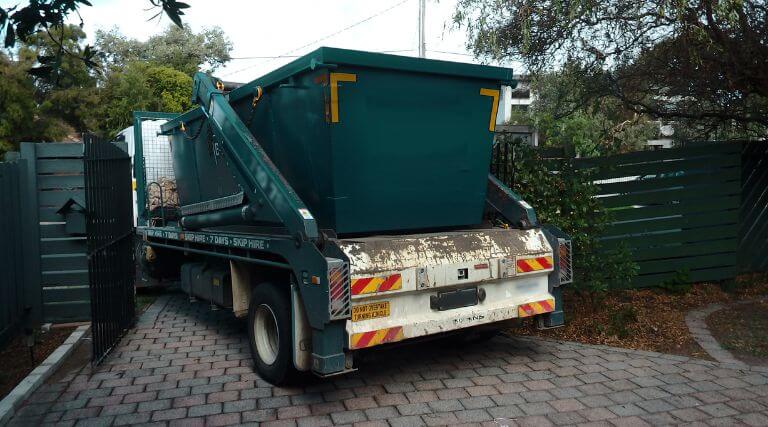
Hiring a skip is one of the most efficient ways to manage waste for home renovations, garden clearances, or large-scale commercial projects. However, with so many options available, making the right choice can feel overwhelming. To ensure a hassle-free experience and avoid unexpected costs, it’s important to do a little planning before booking. Here are five key tips to follow when hiring a skip in the UK.
1. Choose the Right Skip Size
Selecting the right size skip is crucial. Overloading a skip can lead to extra charges or even refusal of collection. On the other hand, opting for a skip that’s too large may mean you’re paying for unused space.
- Mini Skips (2-3 yards): Ideal for small home clearances or garden waste.
- Midi Skips (4-5 yards): Perfect for kitchen or bathroom refits.
- Builder’s Skips (6-8 yards): The go-to choice for construction projects.
- Large Skips (10-12 yards): Best suited for major renovations or large-scale waste.
Consider your project’s needs carefully, and when in doubt, consult a professional for advice. Booking a skip that’s slightly larger than you think you’ll need can save time and money in the long run.
2. Understand What Can and Cannot Go in the Skip
Not all waste can be disposed of in a skip. Certain items are restricted by law, and including them can lead to fines or delays in collection. Commonly prohibited items include:
- Asbestos
- Electrical appliances (e.g., fridges, TVs)
- Paints and solvents
- Batteries
- Gas cylinders
- Hazardous chemicals
For specific materials, such as plasterboard or tyres, you may need to arrange alternative disposal or use specialised skips. Always ask your skip hire provider for a full list of acceptable materials.
3. Check for Permits If You Plan to Place the Skip on the Road
If you don’t have enough space on your property and need to place the skip on a public road, you’ll require a skip permit from your local council. These permits come with an additional cost and must be arranged in advance.
Some skip hire companies handle the permit process for you, but it’s essential to confirm this when booking. Additionally, you may need to set up warning lights or signage around the skip, especially if it’s located on a busy street.
4. Consider Environmental Responsibility
Waste disposal has a significant environmental impact, so it’s worth choosing a skip hire company that prioritises recycling. Many reputable providers aim to recycle a high percentage of collected waste, reducing landfill contributions and ensuring proper disposal.
Ask your skip hire company about their recycling practices and look for businesses committed to sustainability. By supporting eco-friendly providers, you’re playing your part in protecting the planet.
5. Compare Prices and Services
Not all skip hire companies are created equal. Before making your choice, compare prices and services to ensure you’re getting the best value for money. Look for transparent pricing with no hidden fees, and check if additional services such as same-day delivery, permit arrangements, or weekend collections are available.
Reading customer reviews can also provide valuable insights into a company’s reliability and customer service standards. A dependable provider will offer competitive rates without compromising on quality.
Final Thoughts: Make Skip Hire Simple and Stress-Free
Hiring a skip doesn’t have to be complicated. By following these tips, you can ensure that your waste management needs are met efficiently and without unnecessary stress. From choosing the right skip size to checking permit requirements, a little preparation can save time, money, and headaches.
At Cheap skip hire Prices, we pride ourselves on delivering top-notch skip hire services across the UK. Whether you’re tackling a garden project or managing a large-scale build, our expert team is here to help.










